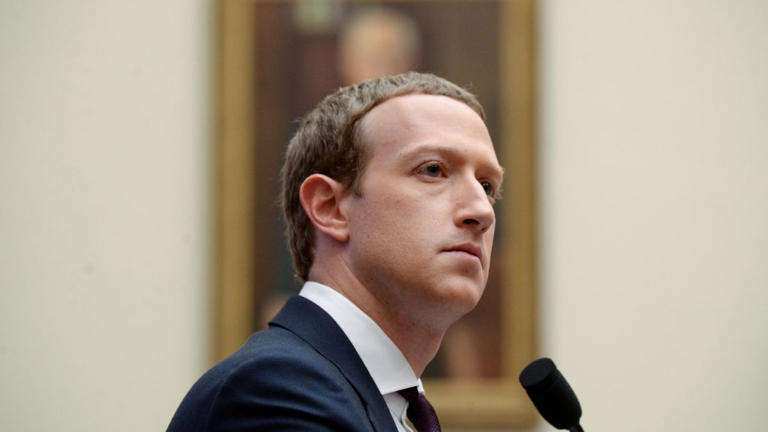
Mark Zuckerberg: Perhaps in an effort to please Donald Trump, Mark Zuckerberg terminates his fact-checking program
The decision by Meta CEO Mark Zuckerberg to discontinue the company’s long-standing fact-checking program has generated discussions in both the political and tech sectors. As Meta attempts to strike a balance between free speech, content moderation, and political pressures—likely from the incoming US President, Donald Trump—this change comes at a critical moment. This decision will have a broad impact on everything from the future of third-party fact-checking organizations that depend on Meta’s assistance to how false information is handled on social media sites like Facebook and Instagram.

Meta terminates the fact-checking initiative :
The social media behemoth’s approach to content moderation has changed significantly with the termination of its fact-checking program. The program had been in place for years and was once a major component of the company’s efforts to fight misinformation. In order to flag misleading information and stop its spread, it collaborated with outside fact-checkers to validate content on Facebook and Instagram. Zuckerberg has, however, recently called attention to flaws in the system and admitted that the company may have gone too far in content moderation. Zuckerberg made the case in a video statement that Meta needs to go back to its founding principles, which he defined as emphasizing free speech and minimizing meddling with user content. He acknowledged that the platform would shift its attention back to making sure that user expression was not unduly constrained.
Zuckerberg and Donald Trump :
Many have questioned whether Meta’s decision is politically motivated due to its timing. According to reports, the action is being taken in an attempt to patch things up with Trump, who has long criticized social media for what he sees as the stifling of conservative voices. Claims of censorship have been the focus of Trump’s criticisms of Facebook and other platforms, and now that he is back in the political spotlight with another bid for the White House, Meta’s choice may be a calculated move that aligns with Trump’s beliefs and is likely to please him. This impression is further reinforced by Meta’s recent appointment of people with connections to Trump, like Dana White, to its board. These actions imply that the business

Meta looking a fresh strategy:
Meta will replace its current fact-checking system with a new one called community notes, which was modeled after Elon Musk’s strategy for X (formerly Twitter). By adding notes to posts, users can use this system to clarify information or refute assertions. Users will have more control over what is flagged and how it is explained thanks to its more decentralized approach to fact-checking. Community notes have been commended by some for encouraging diverse viewpoints, but others question their ability to combat false information. The system could be manipulated by malicious actors to disseminate false information under the pretense of context, according to critics, and false information could still rise in the absence of a central fact-checking authority. Joel Kaplan, therecently appointed Chief Global Affairs Officer at Meta.












Leave a Reply